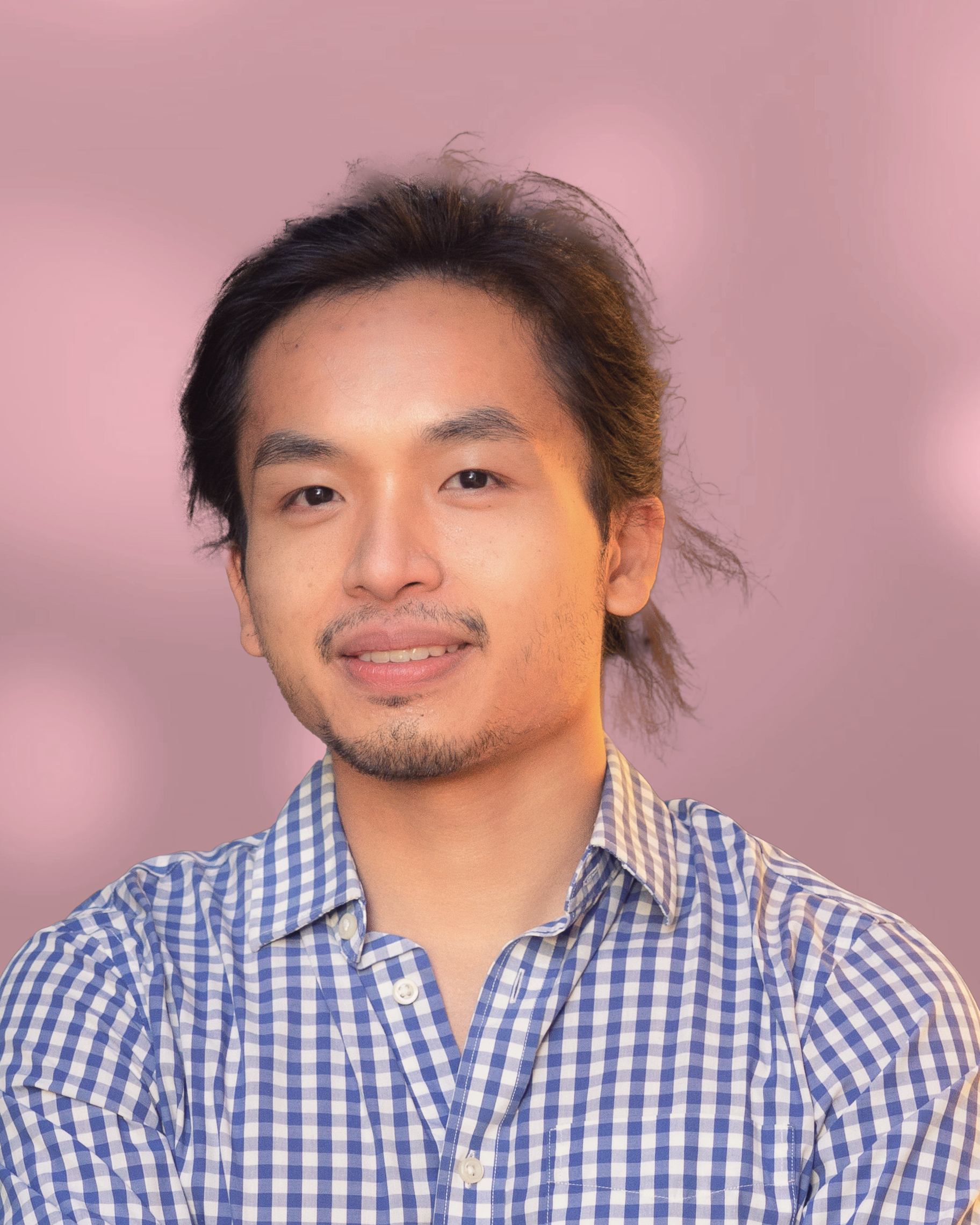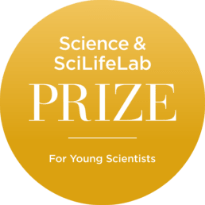
King L. Hung
Essay
Oncogenes out of context
Cancer genes break free from the regulatory constraints of chromosomes
Link to Essay
CELL & MOLECULAR BIOLOGY
Abstract
Genes that promote cell growth are often amplified in cancer via increased DNA copy numbers outside chromosomes, driving tumor formation. How this extrachromosomal DNA is regulated and inherited by dividing cancer cells was poorly understood. We used fluorescence imaging, genomics and computational modeling to study the DNA sequences, physical interactions, and activities of extrachromosomal DNA in cancer cells. We found that these extrachromosomal DNA molecules dynamically rearrange in sequence, physically activate one another in space and are inherited together by dividing cancer cells. These properties defy the normal constraints of chromosomes and allow cancer cells to become hyperactive. Studying the dynamic DNA of cancer will ultimately help us understand how cancer cells grow and evolve, and design better treatments to target them.
Biography
King L. Hung received an undergraduate degree from the University of Washington and a PhD from Stanford University. He started his postdoctoral fellowship at Scripps Research Institute in September 2024. His research focuses on the basic principles of how cells dynamically regulate genomic and signaling processes in cancer and tissue homeostasis.
